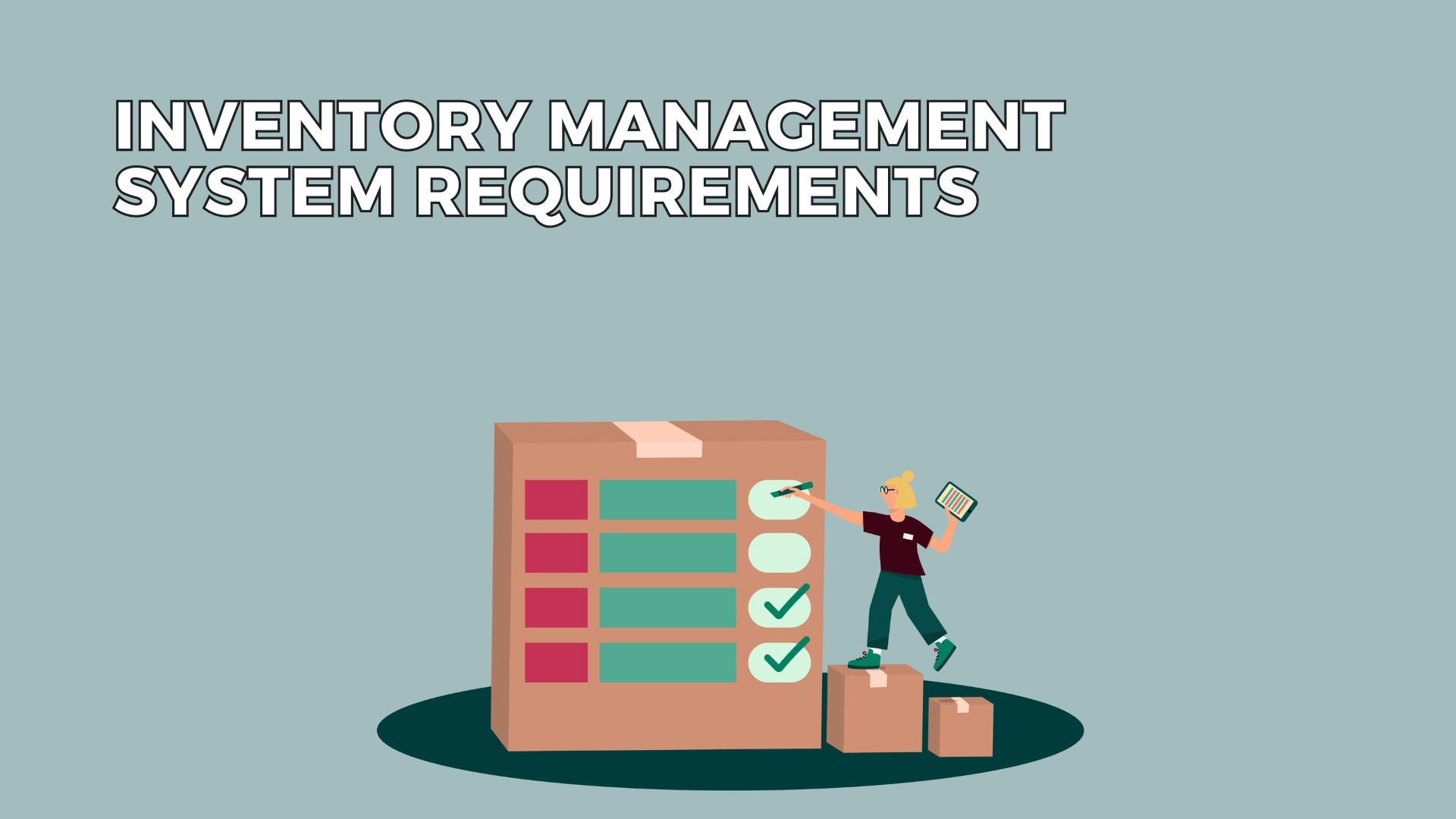Whether you’re a burgeoning startup or a seasoned enterprise, the ability to effectively monitor, track, and manage your inventory can spell the difference between profitability and losses. However, achieving such efficiency isn’t just about having the right tools—it’s also about understanding your unique business needs and tailoring your inventory management system accordingly.
In this guide, we’ll delve into the essential requirements for a robust inventory management system that can help streamline your operations and drive business growth.
1. Real-time Inventory Tracking
One of the fundamental requirements of any modern inventory management system is real-time tracking capability. This feature enables businesses to monitor inventory levels, track stock movement, and receive instant updates on inventory status. Real-time tracking not only minimizes the risk of stockouts and overstocking but also facilitates accurate demand forecasting and order fulfillment.
2. Multi-location Support
For businesses with multiple warehouses or retail outlets, the ability to manage inventory across various locations is crucial. An effective inventory management system should offer multi-location support, allowing seamless transfer of stock between different facilities while maintaining accurate inventory records. This capability ensures optimal utilization of resources and enables businesses to meet customer demands efficiently.
3. Integration with Supply Chain Partners
In today’s interconnected business landscape, collaboration with suppliers, distributors, and other partners is paramount. An ideal inventory management system should facilitate seamless integration with external stakeholders, enabling automated data exchange and streamlined communication. Integration with suppliers can help automate replenishment processes, while integration with distributors ensures timely order fulfillment and delivery.
4. Forecasting and Demand Planning
Accurate demand forecasting is essential for optimizing inventory levels and minimizing excess inventory costs. A robust inventory management system should leverage historical data, market trends, and predictive analytics to generate accurate demand forecasts. By anticipating future demand patterns, businesses can proactively adjust their inventory levels and procurement strategies, thereby reducing stockouts and improving overall efficiency.
5. Scalability and Customization
As your business grows and evolves, your inventory management needs are likely to change. Therefore, it’s essential to choose a system that is scalable and customizable to accommodate future requirements. Whether it’s expanding to new markets, adding new product lines, or implementing advanced inventory control measures, your inventory management system should be flexible enough to adapt to these changes without disrupting operations.
6. Reporting and Analytics
Effective decision-making relies on actionable insights derived from comprehensive reporting and analytics. A robust inventory management system should offer a range of built-in reports and analytics tools to help businesses monitor key performance indicators (KPIs), identify trends, and uncover areas for improvement. Whether it’s inventory turnover, stock accuracy, or order fulfillment rates, access to real-time data enables businesses to make informed decisions and drive continuous improvement.
7. Security and Compliance
With the increasing prevalence of cyber threats and data breaches, security is a paramount concern for businesses storing sensitive inventory data. An effective inventory management system should adhere to industry-standard security protocols and encryption methods to safeguard sensitive information from unauthorized access or tampering. Moreover, for businesses operating in regulated industries, compliance with relevant regulations and standards is non-negotiable.
Conclusion
In today’s competitive business landscape, effective inventory management is not just a necessity—it’s a strategic imperative. By investing in a robust inventory management system that meets the aforementioned requirements, businesses can streamline their operations, optimize inventory levels, and enhance customer satisfaction. Whether it’s real-time tracking, multi-location support, demand forecasting, or reporting capabilities, choosing the right system can make all the difference in driving business growth and success.
Remember, the key is to assess your unique business needs, evaluate available options, and select a solution that aligns with your objectives and long-term vision. With the right inventory management system in place, you can position your business for sustained success in today’s dynamic marketplace.









